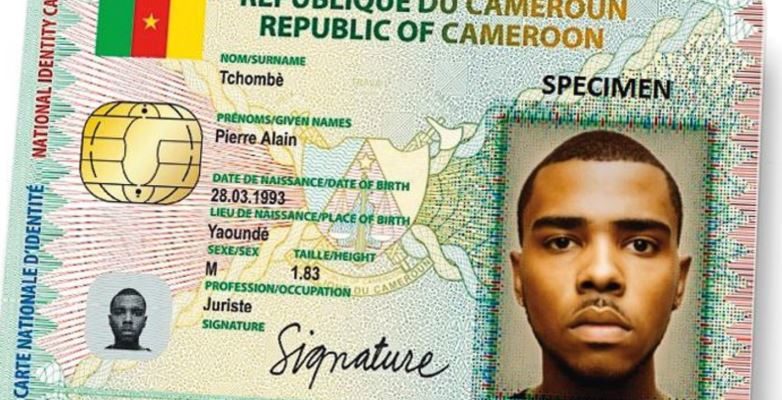Cameroon’s Augentic-backed biometric ID cards ease decades of civic frustration, boost election readiness. 48-hour issuance, embedded chips, and voter registration compliance mark critical shift in national identity management.
Cameroon has launched its next-generation biometric national identity cards, ending years of bureaucratic delays that left millions without critical documentation. The rollout, managed by German tech firm Augentic under a 15-year contract with Cameroon’s General Delegation for National Security (DGSN), began this week in Yaoundé and regional hubs, with citizens reporting card issuance within 48 hours—a stark contrast to previous multi-year waits.
RELATED: Ghana merges mobile money, driver’s licenses under biometric ID overhaul
Key Features of the New ID
- Biometric Chip: Stores fingerprints, facial data, and digital signatures for secure verification via handheld scanners.
- Multi-Purpose Use: Serves as voter ID, disability card, and residence permit.
- Anti-Fraud Design: Holograms, UV patterns, and encrypted QR codes to combat forgery (a $200M annual problem per INTERPOL).
- Cross-Compatibility: Aligns with Cameroon’s biometric passport system, also produced by Augentic since 2021.
Urgent Political Context
With presidential elections scheduled for October 2025, President Paul Biya accelerated the project via a February 28 decree. Voter registration requires a national ID, and prior delays risked disenfranchising millions. In his 2024 year-end address,
Biya acknowledged the crisis:
“No Cameroonian should be denied their civic rights due to administrative failures.”
An applicant in Douala commended the development. He said for the first time, the system works.
“Three years of failed attempts—now I have my card in two days! This is revolutionary,” said Genevieve N., a Yaoundé resident.
Implementation Timeline
- Feb 17, 2025: Online pre-enrollment opens.
- Feb 24: Biometric capture begins.
- March 3: First cards issued post-Biya decree.
Importance this development
- Election Preparedness: 8 million+ previously undocumented adults now eligible to vote.
- Regional Security: IDs aid counter-terrorism efforts in conflict zones (Far North, Anglophone regions).
- Digital Economy: Paves way for e-government services, bank account linkages.
Augentic’s Role
The $120M contract includes:
- 50 Enrollment Centers: Nationwide, with mobile units for rural areas.
- Cloud Database: Centralized citizen registry accessible to tax, health, and electoral agencies.
- Capacity Building: Training 1,000 DGSN staff on biometric tech.





























